Many individuals are perplexed about which type of water is the best because the market is flooded with many options. Each one claims to provide many extra health benefits. However, which statements are accurate and not smart advertisers trying to twist the truth to sell more products?
This article will help you identify the many types of water on the market today. Furthermore, it will inform you of the true health advantages based on scientific proof and study data.
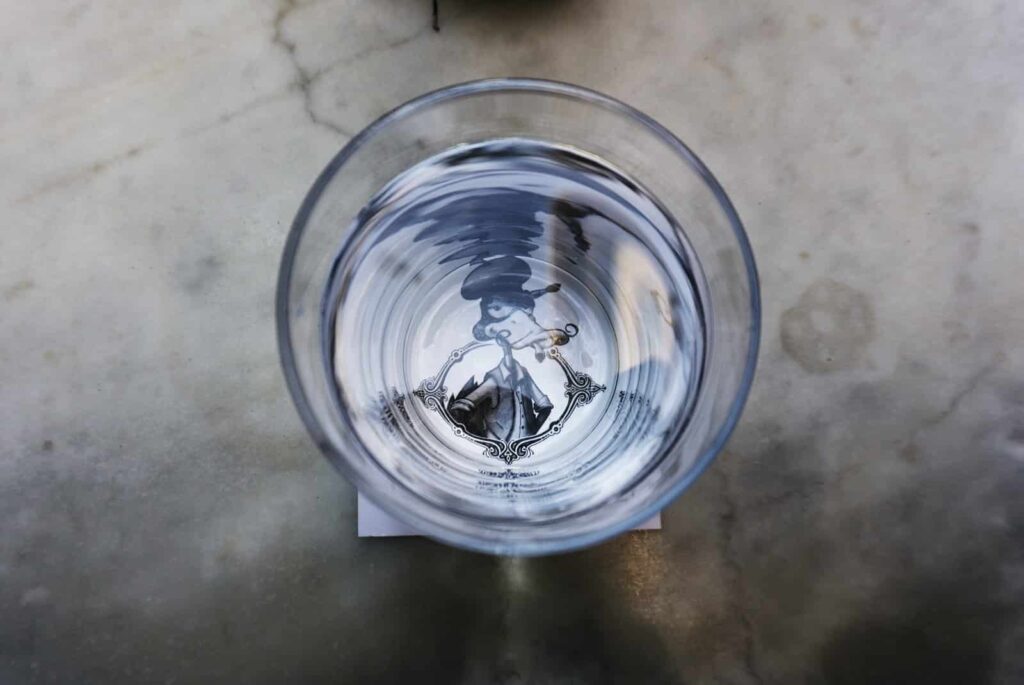
Different types of drinking water
Tap water
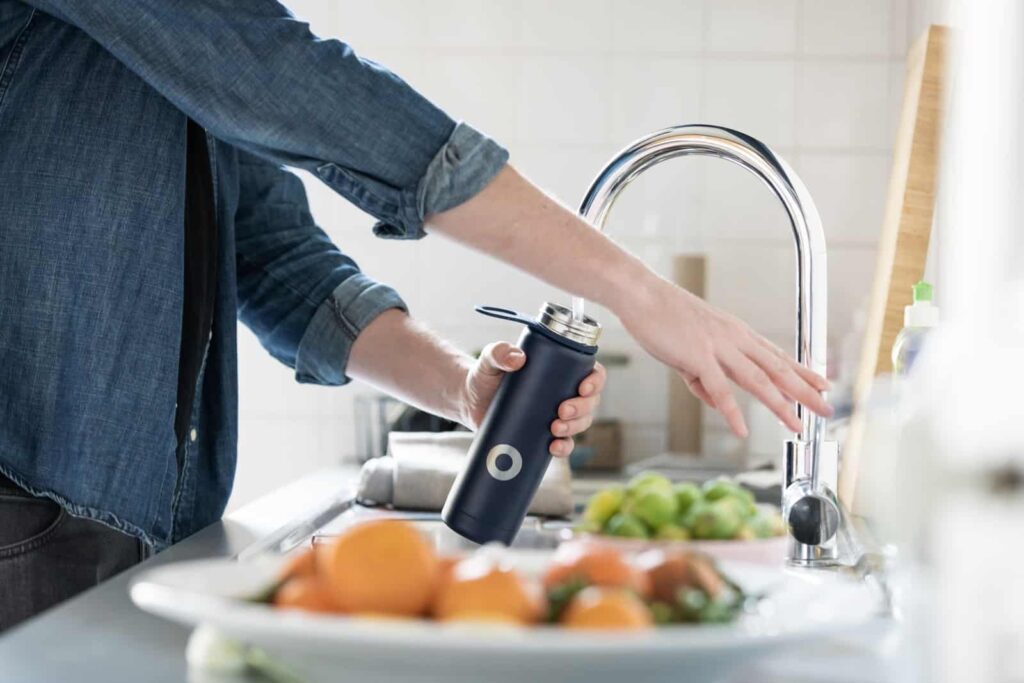
Tap water is the water that flows from your water faucet. It is normally supplied and regulated by a local government entity in most nations.
Who is it best for?
Everyone. It is generally safe to use in cleaning, cooking, and laundry activities.
Pros
Cheap, easily accessible, and generally a safe source of water.
Cons
Although tap water is generally safe to drink, certain recent research raises concerns. For example, the EWG (Environmental Working Group) conducted 5-year research on tap water quality in the United States. The findings revealed that tap water in all 50 states had over 500 pollutants.
In some cases, a mineral-like fluoride is also added to the public water supply. For example, fluoridated tap water is supplied to about 10 percent of the UK population to reduce tooth decay.
Bottled water
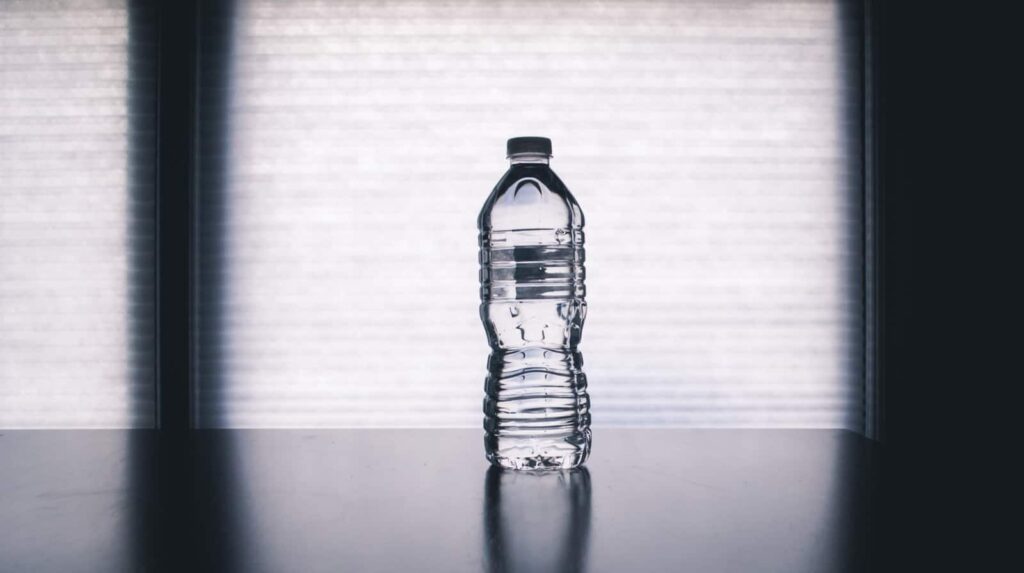
It is portable purified water that you can buy anytime you are thirsty.
Who is it best for?
Everyone. It is a great source of drinking water.
Pros
An extremely convenient method of obtaining clean, safe drinking water.
Cons
Some prominent water companies have confessed that bottled water is little more than filtered tap water, the only concern being the environmental cost. Bottled water production is extremely wasteful, as it takes about 3 liters of water to make 1 liter.
Plastics are also incredibly difficult to recycle. This implies that your plastic bottle will most likely take up landfill space. Worse, perhaps it might end up in the ocean, poisoning the water and species.
Distilled water
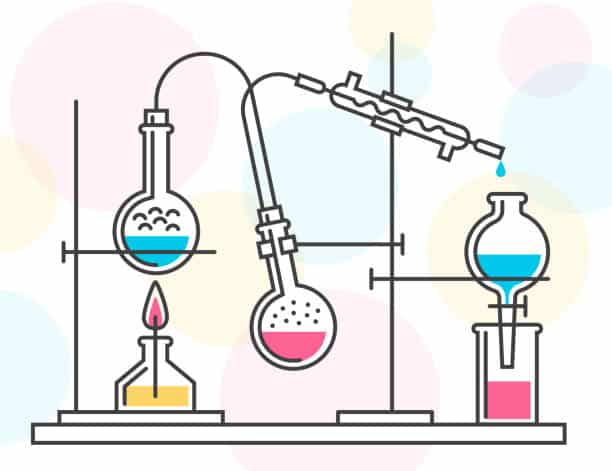
Distilled water is also known as deionized or demineralized water. Water has been stripped of everything, including ions and minerals. It is the purest kind of water available. It contains nothing (good and bad). This signifies that it is free of pollutants, germs, minerals, and nutrients.
Who is it best for?
Because of its exceptional purity, it is the water of choice in laboratories and industries. It is also useful if you wish to drink just pure water.
Pros
Distilled water has the utmost purity and is nearly sterile.
Cons
Because distilled water is so pure, it has no risks. However, some health reports suggest that drinking water devoid of healthy minerals and nutrients may not always be ideal.
Hydrogen water
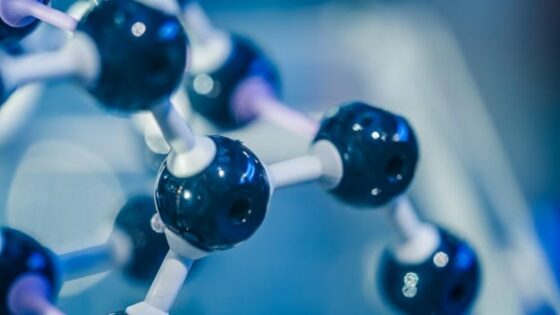
This is water containing hydrogen molecules, which act as potent antioxidants. The argument is that these molecules can help your body neutralize harmful free radicals that contribute to reducing inflammation, disease development, and slowing aging.
Pros
Those who are extremely health-conscious and willing to pay a premium for something that may or may not provide health benefits.
Cons
The buzz around hydrogen water is based on a series of mice experiments. According to the research, this type of water has minor anti-inflammatory effects, notably on developing disorders such as Parkinson’s.
Issues and risks
When analogous trials on humans were conducted, many of the major health claims remained equivocal. Nonetheless, some health claims are presented as true, despite no assurances. Furthermore, all the publicity makes this type of water too expensive to buy.
Alkaline water
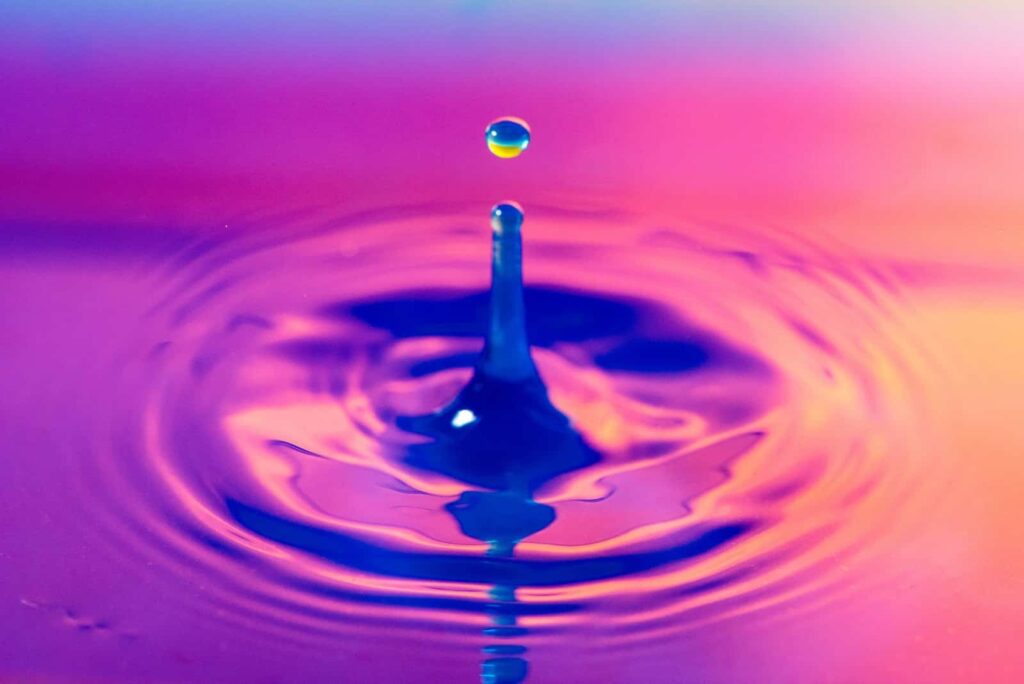
Alkaline water has a pH of 8 or higher, higher than the pH of regular water. It has grown in popularity since research reveals that alkaline water benefits health.
Who is it best for?
Since drinking alkaline water is typically thought to be safe.
Pros
The human body flourishes when its pH is slightly alkaline. Therefore, drinking alkaline water may be beneficial in this aspect. You will find more alkaline benefits here.
Cons
A World Health Organization report warns against regularly drinking water with low mineral content.
Alkaline water has a poor mineral and nutrient content.
Boiled water

Boiling your water is one of the easiest and most effective ways to purify it. This is because heating water to temperatures exceeding 185° F (85° C) kills most bacteria in a matter of minutes.
Who is it best for?
Everyone. Water boiled is usually clean, safe, and healthy to drink.
Pros
It is a great method for purifying water that has not been extensively contaminated.
Cons
Water tainted with pesticides, lead, nitrates, and other pollutants will not be purified by boiling. Furthermore, some people dislike the “flat flavor” that boiled water might have.
Mineral water

Mineral water, sourced from a mineral spring, is rich in minerals such as sulfur, magnesium, and calcium – all beneficial to your health.
Pros
According to a reliable source, mineral water offers certain health benefits because it contains minerals your body cannot produce on its own. It can also help with indigestion, and many prefer tap water flavor. However, this is just subjective.
Cons
One of the biggest disadvantages of mineral water is its high price, especially when compared to tap water. However, many minerals in this sort of water are also found in a healthy, diverse diet.
Spring or glacier water

Spring or glacier waters are bottled waters near the water source – either a spring or a glacier.
Pros
In principle, spring or glacier waters should be reasonably pure and toxin-free. They also have many of the same beneficial minerals as mineral water.
It’s also rather common in supermarkets, with well-known brands like Arrowhead and Evian offering it in large and small bottles, making it widely accessible.
Cons
Springwater can be expensive depending on how much you drink, especially when compared to tap water. Furthermore, some spring water is raw, unfiltered, and untreated, posing health dangers depending on what it contains.
Sparkling water
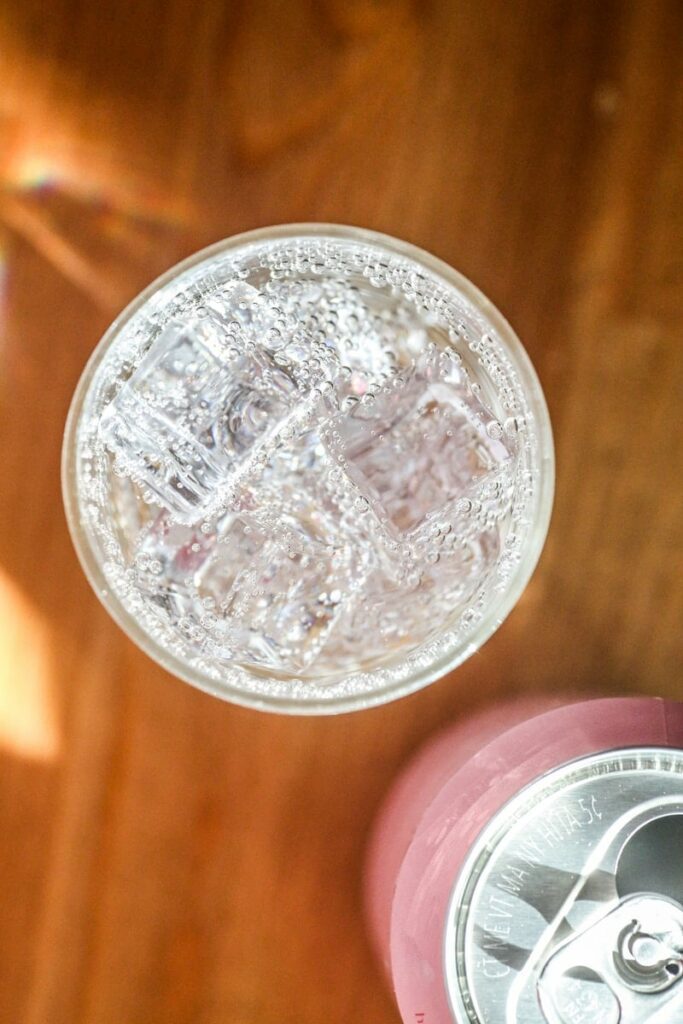
Sparkling water, often known as carbonated water or soda water, is infused with carbon dioxide gas under pressure.
Pros
If you want something bubbly without sugar or artificial sweeteners, sparkling water has a different mouth feel than flat water.
However, flavored sparkling waters with one or both forms of sweeteners are available. Plus, because mineralized sparkling water is common — think Perrier and San Pellegrino — you get the added benefit of health-promoting minerals with your carbonation.
Cons
While some minerals in sparkling water aren’t enough to make a significant difference in your health. Furthermore, it can be costly when compared to both tap and some types of bottled water.
Purified water
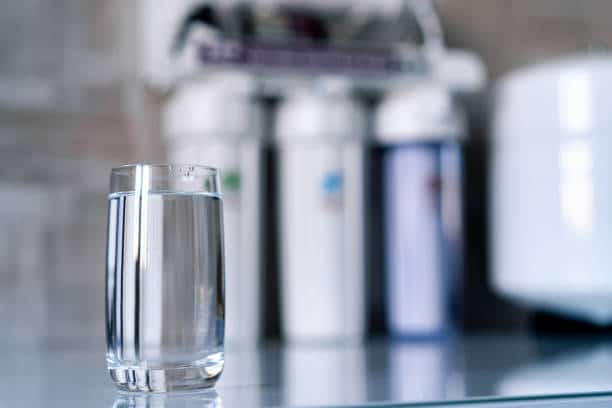
Purified water is treated tap or groundwater to remove unwanted things such as bacteria, fungus, and parasites.
This means that drinking it is almost certainly safe.
Pros
Purified water, like distilled water, is an excellent choice if your local water supply is contaminated. Many countries cleanse tap water, so you’re drinking pure water every time you fill a cup from the kitchen sink.
Cons
Because all potentially dangerous substances are eliminated from purified water, you also lose out on some potentially beneficial substances added to tap water sources, such as fluoride, which aids tooth decay prevention.
Furthermore, obtaining filtered water or building a home filtration system can be expensive.
What is the ideal pH level of water to drink?
The US Environmental Protection Agency advises that the pH level of water sources be between 6.5 and 8.5 on a scale of 0 to 14. The optimal pH level for drinking water is 7, which is squarely in the middle. Water with a pH range outside this standard may include heavy, harmful metals or compounds due to the higher pH level.
The acidity in the body can be caused by various factors, including the water you drink. In addition, increased acidity can be caused by stress, the environment, and an imbalanced diet, which put additional strain on your internal organs.
Too much acidity in the body has been related to decreased bone density and may exacerbate liver or cardiac problems. In addition, acidosis may occur in difficult situations, exacerbating health concerns ranging from headaches and weariness to shortness of breath and fast heart rate.
Which water is the best to drink?
Hydrogen water is technically the healthiest type of water because of the possible health benefits of the antioxidants it contains.
However, even the best type of water can only provide minimal health benefits. Hydrogen or any other form of water on this list will not remedy a poor diet or lifestyle.
The best health benefits from hydration come from simply drinking water, regardless of the type. The truth is that as long as the water is clean and devoid of contaminants, any sort of water is excellent for you.
You should consider all the various “healthy” forms of water on the market as “life enhancers.” Something that can marginally improve an already healthy lifestyle and diet but not fix one that isn’t.

Jay
Jay is a health and wellness enthusiast with expertise in water quality and nutrition. As a knowledgeable advocate for holistic well-being, Jay successfully manages Type 2 Diabetes through informed lifestyle choices. Committed to sharing reliable and authoritative insights, Jay combines firsthand experience with a passion for enhancing health."

